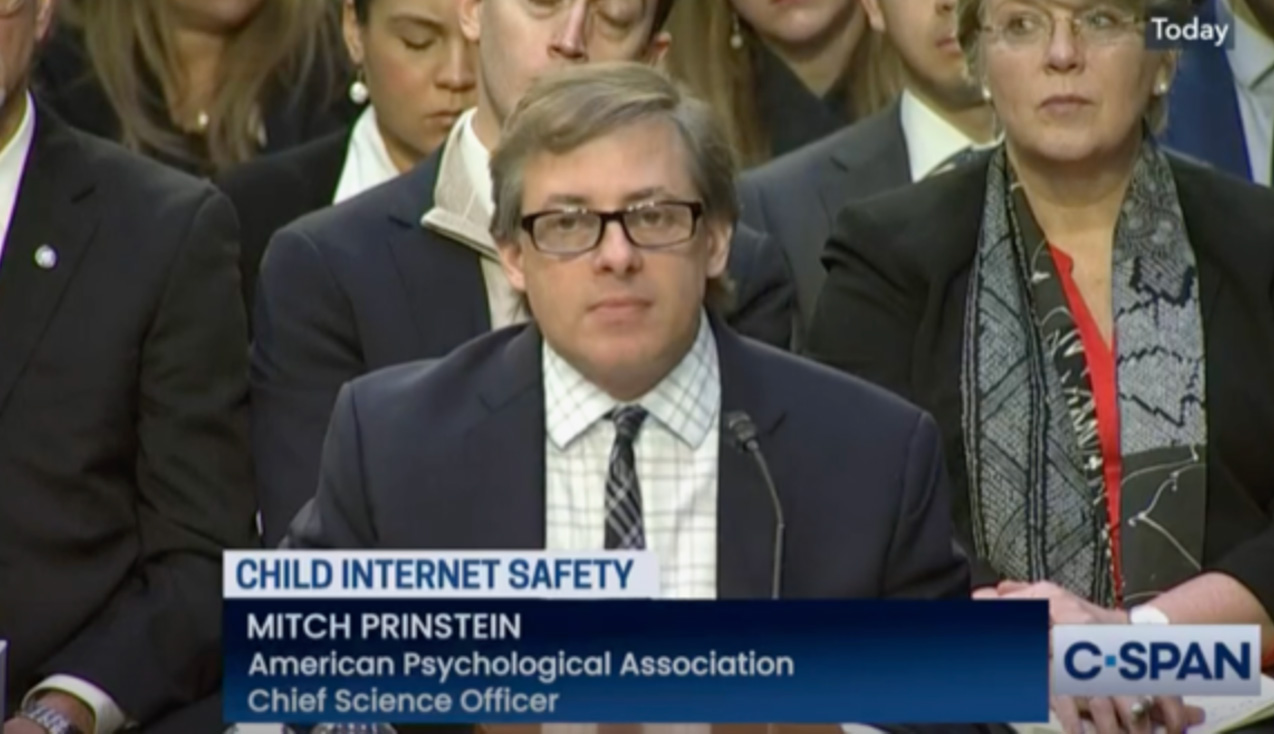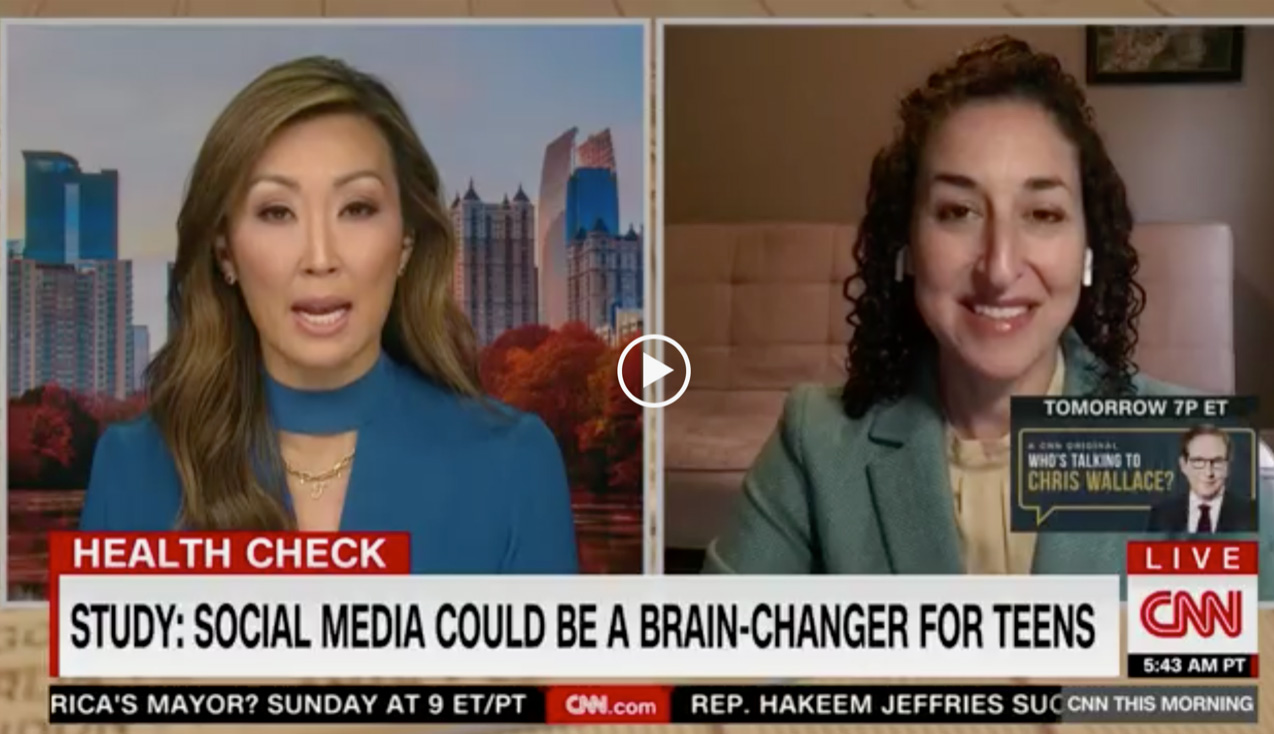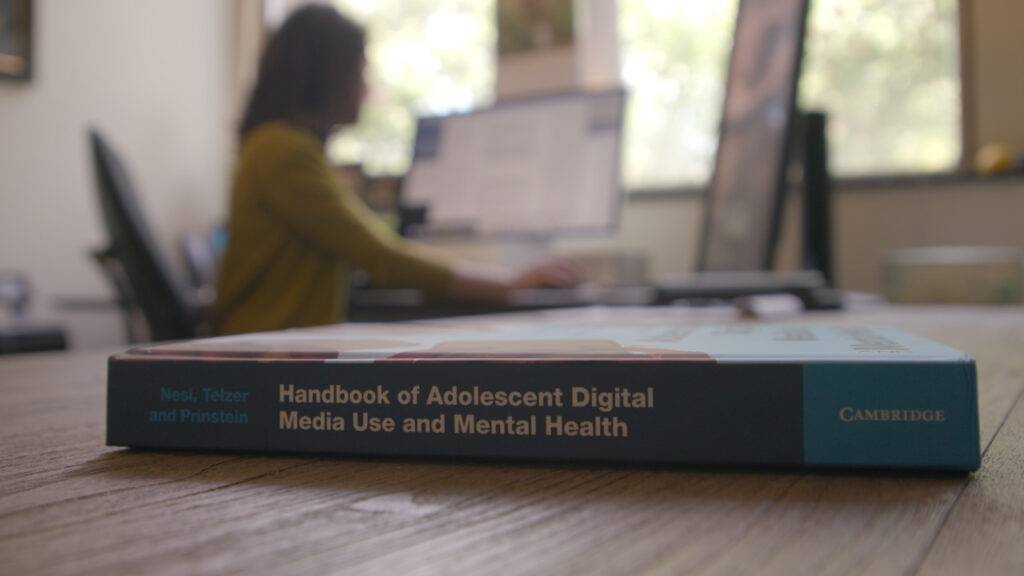What Social Media Does to the Teen Brain
The New York TimesDespite the headlines, the impact of social apps on adolescent mental health isn’t so clear.


The New York TimesDespite the headlines, the impact of social apps on adolescent mental health isn’t so clear.
APA Speaking of Psychology PodcastEva Telzer, PhD, explains why teens take more risks and why that risk-taking is sometimes beneficial, why parents have more influence than they think, and how social media and other technology use may be affecting teens’ behavior and development.
CNN CNN’s Audie Cornish delves into the perils of social media and chronicles the journey of three separate families, united by their efforts to hold social media companies accountable for the content published on their platforms.

“Social media is here to stay. So we need to teach kids how to get the best they can from it and avoid the worst.” Mitch Prinstein, Co-Director, Winston National Center on Technology Use, Brain, and Psychological Development
The Handbook of Adolescent Digital Media Use and Mental Health is a leading resource for researchers and policymakers interested in studying the impacts of technology and social media. The handbook, produced by the Winston Center, is available to view for free.

Number of teens who report using social media.
Times a day, on average, that teens pick up their phones.
Number of teens who say they use social media “almost constantly.”
Sources: Winston National Center Research, Pew Research Center